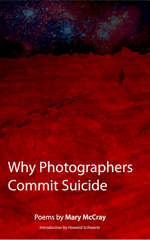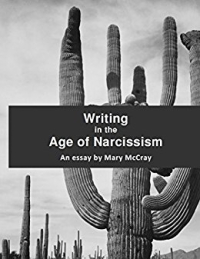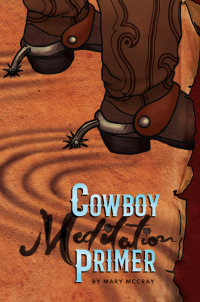 A poet friend of mine from Sarah Lawrence College (now living in Los Angeles) recently sent me an envelope full of newspaper clippings and I’m enjoying reading and discussing them with him via email. One he sent me was the following piece from the LA Times, “No, Margaret Atwood Will Not Blurb Your Book”
A poet friend of mine from Sarah Lawrence College (now living in Los Angeles) recently sent me an envelope full of newspaper clippings and I’m enjoying reading and discussing them with him via email. One he sent me was the following piece from the LA Times, “No, Margaret Atwood Will Not Blurb Your Book”
I really wanted to like this article when at first I assumed she would be forsaking blurbs on her own books; but the article was only about how she was refusing to give out anymore helpful blurbs to other authors.
A more revolutionary act would be for her to eschew blurbs on her own book covers. I mean, is she taking and refusing to give (just because she’s so busy)?
I get it that published authors are unbelievably busy and can’t keep up with these requests. I even respect Ringo Starr for recently notifying the fans of the world that he won't be signing autographs anymore. Totally acceptable because he’s not out there asking anybody for autographs. If you can't keep up with requests, then silently not keep up with requests. That's all you need to do. Why make a grandiose statement about it?
Blurbs are cliquish, overblown statements of meaningless PR, part of anyone’s book marketing plan; and we’ve been conditioned to believe we need them on our books and to convince us that a book is worthy of reading. If Atwood’s career was helped in any way by book blurbs (and it's hard to believe it wasn’t), it doesn't mean much to me that she's now refusing to give out blurbs. It’s just uncharitable and bad vibes. Speak out against the system at least while you're at it.
My friend told me it would take courage as an author to go blurb free. And yes it would.
Irked as I am with Atwood, I did add her to my Pinterst board of poets with sexy hair.
















